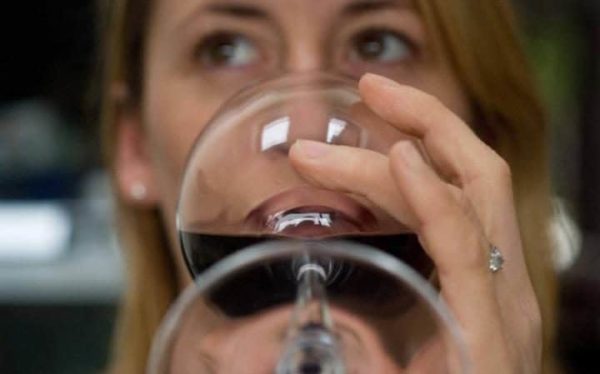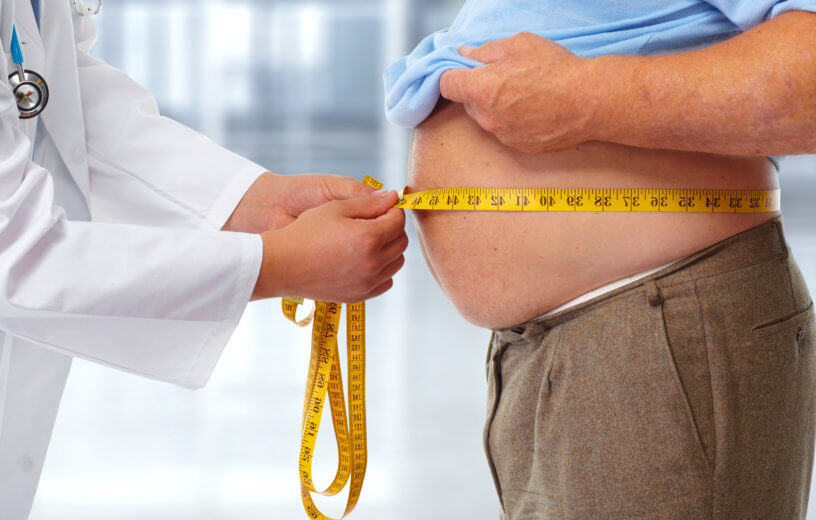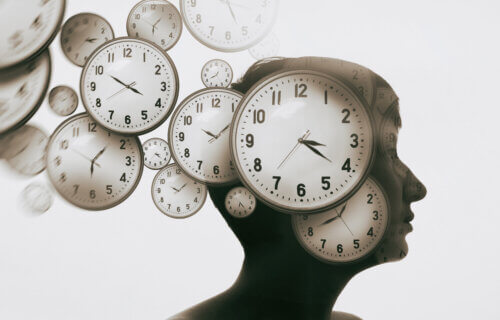It’s a truth universally acknowledged that January is by far the worst four weeks of the year. A joyless, misery of a month that lurks in the shadows of our Twixmas hangover, poised to stifle our Yuletide glow and drag us kicking and screaming back to the humdrum of the 9-5.
A stickler for the straight and narrow, there’s nothing sensible, old January likes more than to frogmarch us off to school and work, re-instate salads for lunch and impose daily gym sessions to stem the tide of excess, expanding waistlines and gluttony-induced guilt.
And that’s not all. Not only does this time of the year bring a flurry of Divorce, Debt and (if January 2016 was anything to go by) Death, these days we’re encouraged to endure this 31 day horror show “Dry” too. Yes, enduring four booze-free weeks is now the accepted New Year norm.
So if you’re thinking of taking on the 744 hours of January without raising a single glass, let’s toast your (soon-to-be) improved health with something non-alcoholic.
Here’s some hints and tips to help get you through. See you on the other side for one hell of a hangover.
What is Dry January?
It’s a campaign by Alcohol Concern which encourages social drinkers to give up alcohol for the month of January.
Giving up the booze for the first month of the year is a fairly recent phenomenon, and like most social trends no one is quite sure who started it and why.
What we do know is that the phrase Dry January was coined by Alcohol Concern back in 2012 when it launched its flagship campaign to encourage people to ditch the hangover after Christmas and quit the booze for 31 days.
Year on year the campaign has got bigger, and was given more impetus in 2015 when Public Health England got on board. A YouGov survey in early February 2016 revealed that 16 per cent of the UK adult population attempted to steer clear of the bottle in January, and there appears to be no sign of the trend abating.
How will my health benefit?
Research from the Royal Free Hospital says a month off the booze improves concentration, blood sugar levels, blood pressure and is of course, good for the liver.
Having more energy, sleeping better, having clearer skin and losing weight are also among the benefits cited by those who took part in the challenge.
As well as the abundance of health benefits, there’s the money you’ll save (which in January is always welcome), not to mention fewer wasted weekends nursing hangovers and the sense of achievement come February 1.
It has been suggested that giving up alcohol for four weeks could lead to binge-drinking in February. However, Alcohol Concern says there’s no evidence of this. In fact, research by the University of Sussex last year found that 72 per cent of people who completed Dry January drink less in the six months afterwards.
How can I actually avoid booze?
Avoid bars
It goes without saying, but nothing is going to make you crave alcohol more than being surrounded by other people who are drinking. If you normally meet up with your friends in the pub, why not suggest a cafe, the cinema or museum. You never know, you might not miss that wonky old pub stool.
Non alcoholic tipples
If you can’t avoid a trip to the pub remember major pub chains stock non-alcoholic beer – especially at this time of year as customers try to keep on the straight and narrow.
If you want to stay in and drink something other than tap water, why not get your Nutribullet out from the back of the cupboard and get blending. Or dabble in some exotic teas.
And never forget our wine writer Victoria Moore’s top tip of having a tonic without the gin – they’re something about the comforting hiss of the can and the quinine-y taste of the tonic that can almost fool you into believing you’re having a Proper Drink. Almost.
Download a helpful app
Alcohol Concern has a free app that lets you keep track of whether you drank each day to show you just how far you’ve come. It also tells you how much money you’ve saved. If you upgrade, the app also sends daily motivational messages, articles, recipes and tips to keep you on course.
Make a friend
Not drinking by yourself is miserable. Persuading a partner or a friend to spurn alcohol with you will make missing out a lot easier.
Treat yourself
Put the money you’re saving from not drinking to good use – whether it’s saving up for a holiday or a new pair of shoes you’ve had your eye on for ages. You’ll be amazed what four martinis can buy you.
Get a hobby
It’s important to keep yourself distracted and happy – that way, you won’t fall into the trap of having a glass of wine after a stressful day.
Join a book club, start that novel, or sign up to a new course. As long as it’s not wine tasting, that is.
Hide the booze
A wine rack that’s in your line of sight as soon as you walk into the kitchen is your worst enemy.
Clear all alcohol out of the house before embarking on your purge, or, at the very least stuff the bottles in a cupboard. Out of sight, out of mind.
Need some inspiration?
- Victoria Moore: non-alcoholic drinks get sophisticated
- The best non-alcoholic drinks for summer
- 10 brilliant non-alcoholic cocktails for designated drivers this Christmas
Pink Grapefruit Cooler
Grapefruit juice, refreshing and tart, is making a come-back in cocktails today, so here is one with the sweeter succulence and rosy hue of the pink variety
INGREDIENTS
- 80ml juice from a ripe pink grapefruit
- Juice of half a lemon
- 40ml sugar syrup (made with equal parts sugar and water, heated until sugar is dissolved then cooled)
- Cold sparkling or soda water
- 2 x mint sprigs
- Crushed ice
METHOD
Pour the sugar syrup into a tumbler and add one mint sprig, stirring and bruising it lightly. Add the citrus juices and stir, then top right up with crushed ice and the sparkling or soda water. Garnish with the second mint sprig.






